The world of forex trading offers immense potential for profit and growth, but it is crucial to start on the right foot by choosing the appropriate type of forex account. Understanding the different types of forex accounts can help traders make informed decisions, maximize their trading efficiency, and align their trading strategies with their financial goals. Partnering with a reliable online forex broker can further enhance the trading experience.

What is a Forex Account?
A forex account is a type of financial account used for the trading of currencies. These accounts are typically offered by brokers who provide the platform and tools necessary for buying and selling currencies on the foreign exchange market. Traders deposit funds into these accounts and use them to execute trades based on their analysis of the forex market.

Different Types of Forex Trading Accounts
The forex market accommodates a diverse range of traders, from beginners to seasoned professionals. Consequently, brokers offer various types of forex accounts, each tailored to meet specific trading needs and preferences. Here, we explore the primary types of forex accounts available:
1. Demo Accounts
Overview: A demo account is a simulation of a real trading account, allowing traders to practice forex trading without risking real money. It uses virtual funds and provides access to the broker’s trading platform and tools.
Advantages:
- Risk-Free Learning: The primary benefit of a demo account is that it allows traders to learn and practice trading strategies without any financial risk. This is invaluable for beginners who need to understand the market dynamics and the functionality of trading platforms.
- Platform Familiarization: Using a demo account helps traders get accustomed to the trading platform, understanding its features, tools, and capabilities, which is crucial for efficient trading.
- Building Confidence: Practicing with a demo account helps build confidence. Traders can make mistakes and learn from them without the fear of losing real money.
Disadvantages:
- No Real Financial Risk: The absence of real financial risk means that traders might not experience the same emotional involvement and stress as in live trading. This can lead to different decision-making processes.
- Limited Time Period: Some brokers offer demo accounts for a limited period, which might not be sufficient for all traders to fully grasp the trading nuances.
Who Should Use a Demo Account? Demo accounts are ideal for absolute beginners who are new to forex trading. They are also useful for experienced traders who want to test new strategies without financial risk.
Read More: Forex Chart Types
2. Micro Accounts
Overview: Micro accounts are designed for novice traders and those with limited capital. They allow trading with smaller lot sizes, typically 1,000 units of the base currency.

Advantages:
- Lower Financial Risk: Micro accounts involve smaller trade sizes, which means the financial risk is relatively lower. This makes it easier for beginners to start trading without a significant investment.
- Ideal for Learning: These accounts are perfect for beginners who want to transition from demo accounts to live trading. They can experience real market conditions with minimal investment.
- Risk Management: Micro accounts allow traders to learn and practice risk management techniques effectively, given the smaller trade sizes involved.
Disadvantages:
- Limited Profit Potential: Due to the smaller trade sizes, the profit potential is limited. However, this is acceptable for beginners who are more focused on learning.
- Higher Spreads and Fees: Some brokers may charge higher spreads or fees for micro accounts, which can eat into profits.
Who Should Use a Micro Account? Micro accounts are suitable for beginners who are ready to transition from demo accounts to live trading but still want to keep their financial risk low.
3. Standard Accounts
Overview: Standard accounts are the most common type of forex account and are suitable for a wide range of traders. These accounts use standard lot sizes, usually 100,000 units of the base currency.
Advantages:
- Higher Profit Potential: Standard accounts offer higher profit potential due to the larger trade sizes. This makes them suitable for traders looking to maximize their earnings.
- Access to Advanced Tools: Traders with standard accounts often have access to a wider range of trading tools and resources provided by brokers.
- Better Terms and Conditions: Brokers tend to offer better spreads, lower fees, and other favorable terms to standard account holders.
Disadvantages:
- Higher Financial Risk: The larger trade sizes also mean higher financial risk. Traders need to have a good understanding of the market to manage this risk effectively.
- Significant Capital Investment: Standard accounts require a more substantial capital investment compared to micro and mini accounts.
Who Should Use a Standard Account? Standard accounts are ideal for experienced traders who have a solid understanding of the forex market and are looking to maximize their profit potential.
4. Mini Accounts
Overview: Mini accounts offer a middle ground between micro and standard accounts, using mini lot sizes of 10,000 units of the base currency.
Advantages:
- Balanced Risk and Reward: Mini accounts provide a good balance between risk and reward, making them suitable for traders with moderate capital.
- Flexible Risk Management: The trade sizes are larger than micro accounts but smaller than standard accounts, allowing for flexible risk management strategies.
- Moderate Investment Requirement: Mini accounts require moderate capital, making them accessible to a wide range of traders.
Disadvantages:
- Moderate Capital Requirement: While not as high as standard accounts, mini accounts still require a moderate amount of capital, which might be a barrier for some traders.
- Potential for Losses: If not managed properly, the potential for significant losses exists, given the larger trade sizes compared to micro accounts.
Who Should Use a Mini Account? Mini accounts are suitable for traders with some experience and a moderate amount of capital who want to trade larger positions than micro accounts but with lower risk than standard accounts.
5. Managed Accounts
Overview: In managed accounts, a professional account manager or trading firm handles trading on behalf of the account holder. The investor retains ownership of the account but delegates trading decisions to the manager.
Advantages:
- Professional Management: Managed accounts are handled by experienced professionals who implement trading strategies on behalf of the investor, potentially leading to higher returns.
- Hands-Off Approach: Investors can benefit from the forex market without having to actively trade, making it ideal for those with limited time or expertise.
- Diverse Investment Strategies: Professional managers often employ a variety of trading strategies, diversifying the investment to manage risk better.
Disadvantages:
- Management Fees: Managed accounts typically involve management fees and performance-based charges, which can reduce overall returns.
- Limited Control: Investors have limited control over individual trades and strategies, relying on the performance and integrity of the manager.
- Risk of Mismanagement: There is always a risk associated with relying on a manager’s performance and decision-making.
Who Should Use a Managed Account? Managed accounts are ideal for investors who prefer a hands-off approach to forex trading and are willing to pay for professional management.
Read More: Forex Trading for Beginners
6. Islamic Accounts
Overview: Islamic accounts are designed for Muslim traders who wish to adhere to Sharia law, which prohibits earning interest. These accounts do not charge or pay overnight swap fees.
Advantages:
- Compliance with Sharia Law: Islamic accounts are compliant with Sharia law, making forex trading accessible to Muslim traders.
- No Swap Fees: The absence of swap fees can reduce overall trading costs for long-term positions.
- Ethical Trading: Islamic accounts allow traders to engage in forex trading without compromising their religious principles.
Disadvantages:
- Higher Spreads or Fees: Some brokers may charge higher spreads or administrative fees to compensate for the lack of swap fees.
- Limited Availability: Not all brokers offer Islamic accounts, limiting the choices available to traders.
Who Should Use an Islamic Account? Islamic accounts are suitable for Muslim traders who want to engage in forex trading while adhering to their religious principles.
7. VIP/Pro Accounts
Overview: VIP or Pro accounts cater to experienced traders and high-net-worth individuals. These accounts offer premium services, lower spreads, and higher leverage.
Advantages:
- Lower Trading Costs: VIP accounts often come with lower spreads and commissions, reducing overall trading costs.
- Access to Premium Tools: Traders with VIP accounts usually have access to advanced trading tools, dedicated support, and exclusive market insights.
- Higher Leverage: VIP accounts offer higher leverage options, allowing traders to control larger positions with less capital.
Disadvantages:
- Substantial Capital Requirement: VIP accounts require a significant capital investment, making them accessible only to high-net-worth individuals.
- Higher Financial Risk: The higher leverage available with VIP accounts also increases financial risk, requiring careful risk management.
Who Should Use a VIP/Pro Account? VIP/Pro accounts are ideal for professional traders and high-net-worth individuals who trade large volumes and require premium services and support.
Choosing the Right Forex Account

Selecting the right forex account is a critical decision that depends on various factors, including trading experience, capital, risk tolerance, and trading goals. Here are some key considerations to guide you in choosing the most suitable forex account:
Assess Your Trading Experience
- Beginner: Demo or micro accounts are ideal for beginners to gain experience without significant financial risk.
- Intermediate: Mini accounts offer a good balance between risk and reward for those with some trading experience.
- Advanced: Standard or VIP/Pro accounts are suitable for experienced traders looking to maximize profit potential.
Determine Your Capital and Risk Tolerance
- Low Capital: Micro accounts allow for trading with minimal investment.
- Moderate Capital: Mini accounts offer a middle ground for those with moderate capital.
- High Capital: Standard or VIP/Pro accounts cater to traders with substantial investment capital.
Define Your Trading Goals
- Learning and Practice: Demo accounts provide a risk-free environment for learning.
- Moderate Trading: Mini and standard accounts are suitable for regular trading activities.
- Professional Trading: VIP/Pro accounts offer premium features for professional traders.
Read More: Forex Chart Types
Consider Account Features and Costs
- Spreads and Commissions: Compare the spreads and commissions charged by different brokers for each account type.
- Leverage: Assess the leverage options available and choose according to your risk tolerance.
- Trading Tools and Support: Ensure the account provides access to the necessary trading tools and customer support.
Evaluate Broker Reputation and Regulations
- Regulation: Choose brokers that are regulated by reputable financial authorities to ensure security and transparency.
- Reputation: Research broker reviews and ratings to gauge their reliability and customer satisfaction.
Advanced Account Types and Features
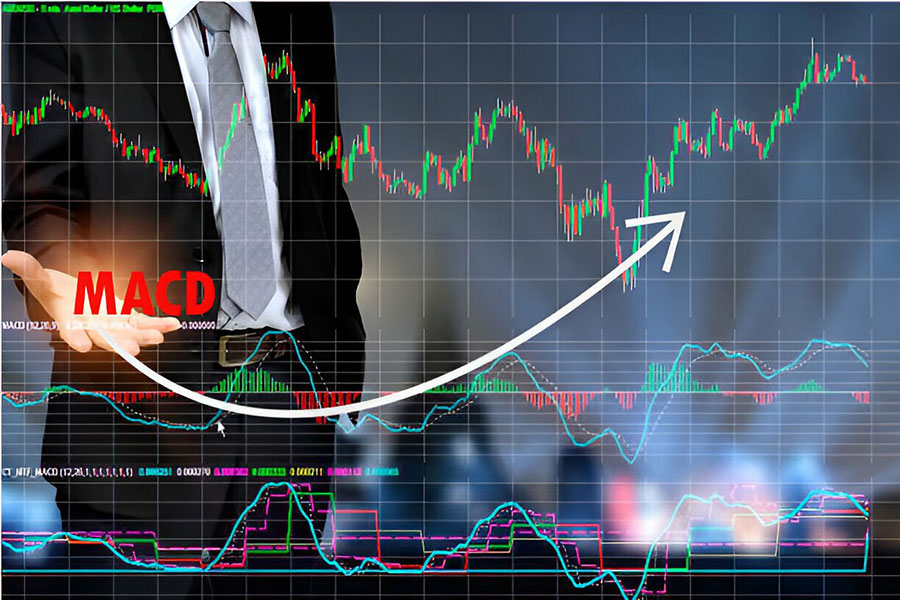
Beyond the standard account types, there are specialized accounts and features that traders might consider. These advanced options cater to specific trading needs and strategies.
Read More: Forex Charts: A Comprehensive Guide for Beginners
1. ECN Accounts
Overview: ECN (Electronic Communication Network) accounts provide direct access to the interbank market, offering tighter spreads and faster execution.
Advantages:
- Direct Market Access: ECN accounts provide traders with direct access to the interbank market, eliminating dealing desk intervention.
- Tighter Spreads: These accounts typically offer tighter spreads, which can reduce trading costs.
- Faster Execution: ECN accounts are known for their fast execution speeds, making them suitable for high-frequency trading and automated trading systems.
Disadvantages:
- Higher Minimum Deposits: ECN accounts often require higher minimum deposits, making them less accessible to traders with limited capital.
- Commission Charges: Unlike other account types, ECN accounts charge commissions on trades, which can add up over time.
Who Should Use an ECN Account? ECN accounts are ideal for professional traders and those using automated trading systems who require fast execution and tight spreads.
2. STP Accounts
Overview: STP (Straight Through Processing) accounts route trades directly to liquidity providers, ensuring faster execution without dealing desk intervention.
Advantages:
- Faster Execution: STP accounts offer fast trade execution, reducing slippage and ensuring that trades are executed at the best available prices.
- Transparent Pricing: With no dealing desk intervention, STP accounts provide transparent market pricing.
- Suitable for All Traders: These accounts are suitable for a wide range of traders, including scalpers and day traders.
Disadvantages:
- Variable Spreads: STP accounts often have variable spreads, which can fluctuate based on market conditions.
- Commission Charges: Some STP accounts charge commissions on trades, which need to be factored into the overall trading costs.
Who Should Use an STP Account? STP accounts are suitable for traders who value fast execution and transparent pricing, including those who engage in short-term trading strategies.
3. Zero Spread Accounts
Overview: Zero spread accounts offer fixed spreads of zero pips, with brokers charging a commission on trades instead of earning through spreads.
Advantages:
- Predictable Trading Costs: With fixed zero spreads, traders can predict their trading costs more accurately.
- Ideal for Scalping: Zero spread accounts are ideal for scalpers and high-frequency traders who need to minimize trading costs.
- Transparent Fee Structure: These accounts offer a transparent fee structure, making it easier to manage trading expenses.
Disadvantages:
- Commission Charges: While there are no spreads, commissions can add up, especially for frequent traders.
- Higher Minimum Deposits: Some brokers require higher minimum deposits for zero spread accounts.
Who Should Use a Zero Spread Account? Zero spread accounts are suitable for scalpers and high-frequency traders who need to minimize trading costs and value transparency in pricing.
4. Cent Accounts
Overview: Cent accounts display balances and trading sizes in cents rather than dollars, making them ideal for micro-trading and beginners.
Advantages:
- Low Financial Risk: Cent accounts involve extremely low financial risk due to the cent-based balances.
- Real Money Trading: These accounts allow traders to test strategies with real money but minimal exposure.
- Suitable for Beginners: Cent accounts are perfect for beginners and small-scale traders looking to start with minimal investment.
Disadvantages:
- Limited Profit Potential: The small trade sizes limit profit potential, but this is acceptable for learning purposes.
- Limited Features: Some brokers may offer limited features for cent accounts.
Who Should Use a Cent Account? Cent accounts are perfect for beginners and those who want to test trading strategies with real money but minimal financial risk.
Importance of Broker Selection

Choosing the right broker is as important as selecting the right account type. The broker’s reputation, regulatory status, and trading conditions can significantly impact your trading experience.
Regulatory Compliance
Ensure that the broker is regulated by a reputable financial authority. Regulatory compliance provides a level of security and transparency, protecting traders from fraud and ensuring fair trading practices.
Trading Platform and Tools
The broker should offer a robust trading platform with essential tools such as charting, analysis, and automated trading capabilities. A user-friendly platform can enhance your trading efficiency and effectiveness.
Customer Support
Good customer support is crucial, especially for beginners. Ensure the broker offers reliable and responsive customer support to assist with any issues or questions you may have.
Account Funding and Withdrawals
Check the broker’s policies on account funding and withdrawals. Look for brokers that offer multiple funding options, fast processing times, and low fees for deposits and withdrawals.
Risk Management in Forex Trading
Regardless of the account type you choose, effective risk management is vital for long-term success in forex trading. Here are some key risk management strategies:
1. Use Stop-Loss Orders
Stop-loss orders automatically close your position when the market moves against you by a specified amount. This helps limit potential losses and protect your capital.
2. Diversify Your Trades
Avoid putting all your capital into a single trade or currency pair. Diversifying your trades across different pairs can reduce risk and increase the chances of profitable outcomes.
3. Manage Leverage Wisely
While leverage can amplify profits, it also increases risk. Use leverage cautiously and ensure you understand its implications on your trading capital.
4. Keep Emotions in Check
Emotional trading can lead to poor decision-making and significant losses. Develop a trading plan and stick to it, avoiding impulsive decisions based on emotions.
5. Continuous Learning and Adaptation
The forex market is dynamic and constantly evolving. Continuous learning and adapting your strategies to market conditions can help you stay ahead and improve your trading performance.
Conclusion
Understanding the different types of forex accounts is essential for making informed decisions and optimizing your trading strategy. Whether you are a novice trader seeking to learn the ropes or an experienced trader aiming for higher returns, there is a forex account tailored to your needs. Assess your trading experience, capital, risk tolerance, and goals to choose the account that best aligns with your objectives. By doing so, you can enhance your trading efficiency and achieve your financial aspirations in the dynamic world of forex trading.
References: +
What is the minimum deposit required for opening different types of forex accounts?
The minimum deposit required varies depending on the type of forex account and the broker. Demo accounts typically do not require any deposit as they use virtual funds. Micro accounts may have minimum deposits as low as $1 to $50. Mini accounts often require deposits ranging from $100 to $500. Standard accounts usually need higher deposits, starting from $1,000 to $2,500. VIP/Pro accounts often have substantial minimum deposit requirements, ranging from $10,000 to $100,000 or more.
Can I switch my forex account type after opening it?
Yes, many brokers allow traders to switch their account types after opening an account. However, the process may vary between brokers. Some brokers may require you to open a new account with the desired account type and transfer funds from the old account. It is advisable to check with your broker for their specific procedures and any potential fees associated with switching account types.
Are there any additional fees associated with managed forex accounts?
Managed forex accounts typically involve additional fees, which can include management fees, performance-based fees, and administrative charges. Management fees are usually a fixed percentage of the account balance, while performance-based fees are calculated based on the profits generated by the account manager. Administrative charges may cover account maintenance and other services. It is essential to thoroughly review the fee structure with the account manager or firm before opening a managed account.
How does leverage impact different types of forex accounts?
Leverage allows traders to control larger positions with a smaller amount of capital. The impact of leverage varies across different types of forex accounts. Micro and mini accounts usually offer lower leverage options, providing a safer trading environment for beginners. Standard and VIP/Pro accounts often come with higher leverage options, enabling experienced traders to maximize their trading potential. However, higher leverage also increases the risk of significant losses. Traders should use leverage cautiously and consider their risk tolerance and trading experience when choosing leverage levels.
What are the advantages of using an ECN account compared to a standard account?
ECN (Electronic Communication Network) accounts provide direct access to the interbank market, resulting in tighter spreads and faster execution. This is beneficial for high-frequency traders and those using automated trading systems. In contrast, standard accounts may have wider spreads and involve dealing desk intervention. ECN accounts also offer greater pricing transparency, which can enhance trading efficiency and accuracy.
Can I open multiple forex accounts with the same broker?
Yes, many brokers allow traders to open multiple forex accounts. This can be useful for separating different trading strategies, managing risk, or using different account types simultaneously. For example, a trader might use a standard account for long-term trading and a micro account for testing new strategies. It is advisable to check with your broker regarding their policies and any potential limitations on the number of accounts you can open.
What should I consider when choosing a broker for forex trading?
When choosing a broker for forex trading, consider the following factors:
Regulation and Reputation: Ensure the broker is regulated by a reputable financial authority and has a good reputation in the industry.
Trading Platform: The platform should be user-friendly and offer essential tools and features.
Spreads and Fees: Compare spreads, commissions, and other fees charged by different brokers.
Customer Support: Reliable and responsive customer support is crucial, especially for beginners.
Funding and Withdrawal Options: Look for brokers that offer convenient funding and withdrawal options with low fees.
How can I improve my forex trading skills?
Improving your forex trading skills involves continuous learning and practice. Here are some tips:
Education: Enroll in forex trading courses, read books, and follow reputable financial news sources.
Practice: Use demo accounts to practice trading strategies without risking real money.
Analysis: Study technical and fundamental analysis to make informed trading decisions.
Community: Join forex trading communities and forums to learn from experienced traders.
Review: Regularly review your trades and analyze your performance to identify areas for improvement.


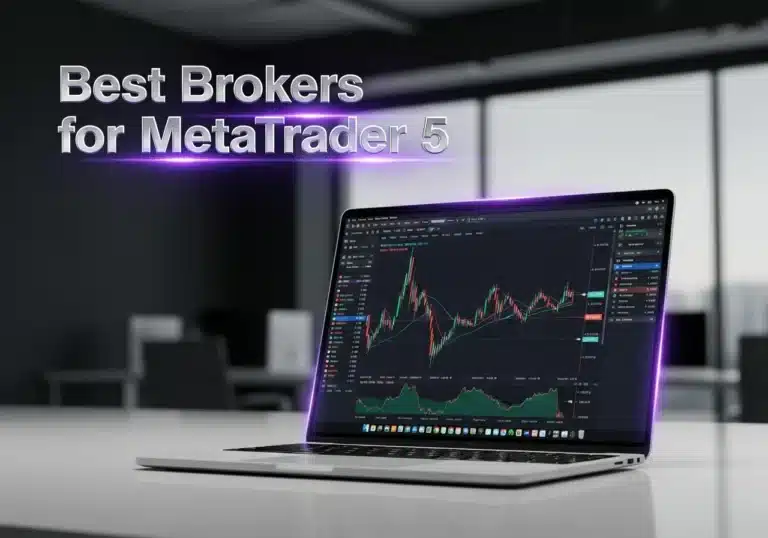
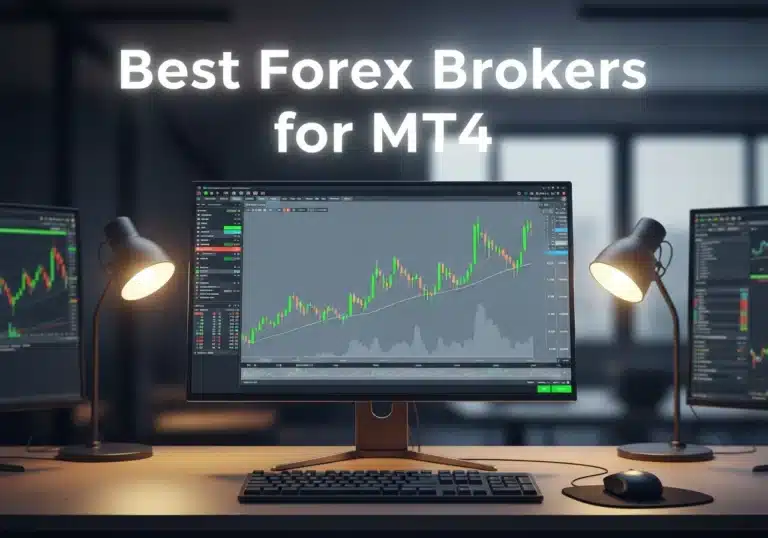
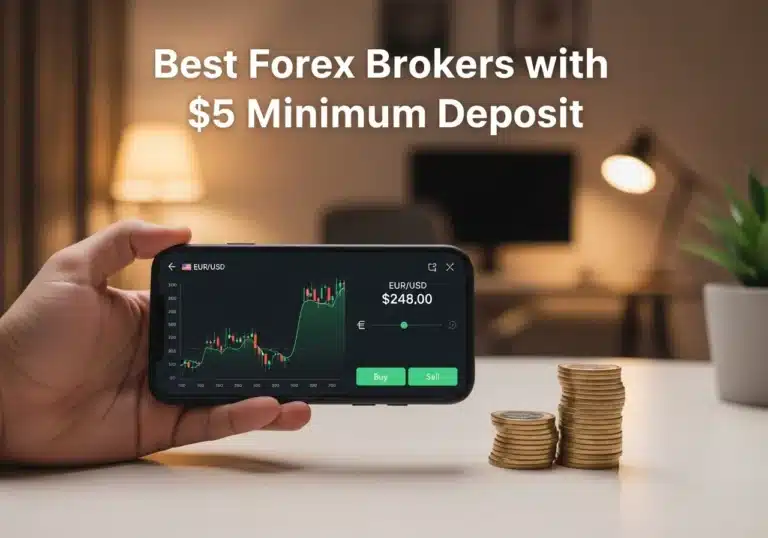

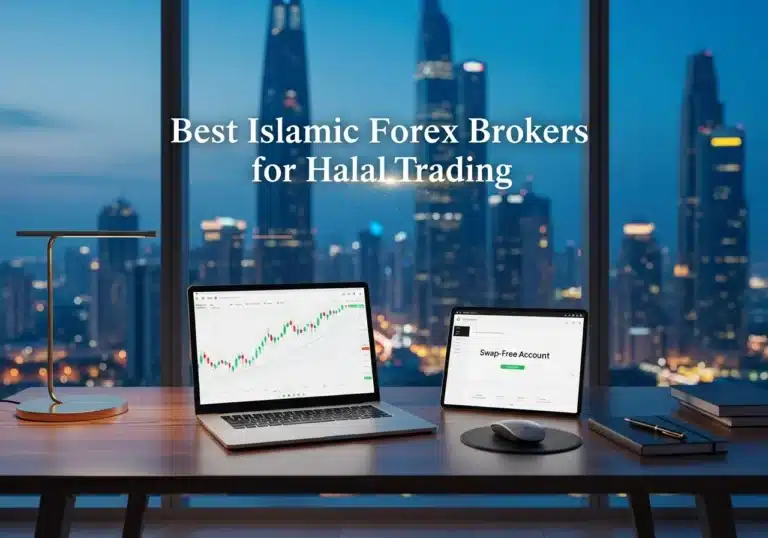

One Response